Does sunscreen block vitamin D? The experts we asked had this surprising answer
Confused by SPF misinformation? Two dermatologists break down the relationship between vitamin D and sunscreen

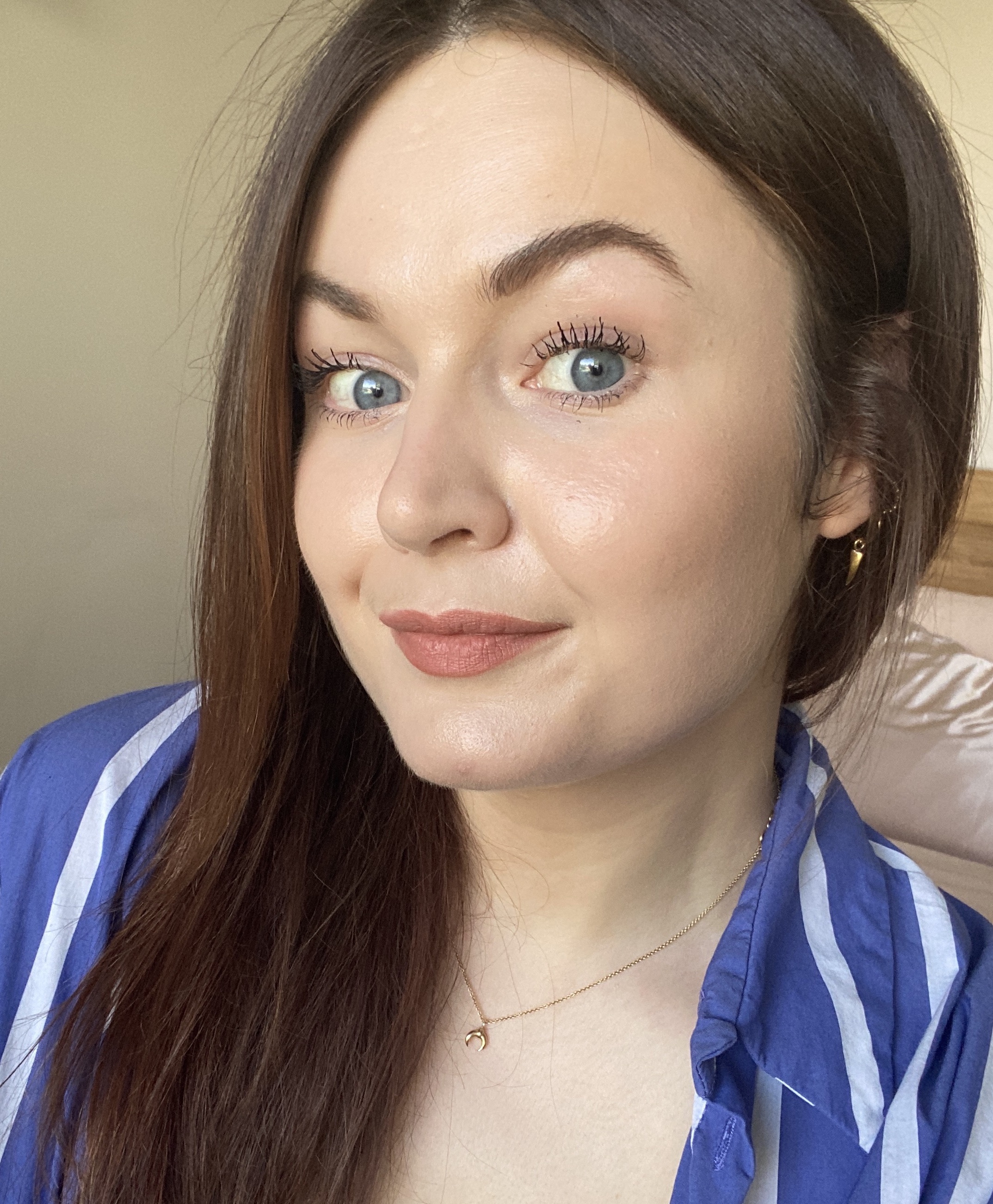
In an age where misinformation around sun protection is rife, it can be difficult to know how much of what you read or listen to on social media is accurate. That is to say, you may have questioned: does sunscreen block vitamin D production?
Most of us know that the best facial sunscreen is considered one of the most essential steps of a skincare routine by dermatologists, aestheticians and skincare experts alike. But you may also have concerns that daily sunscreen application has a knock-on effect for your skin’s vitamin D production (fortunately that’s unlikely to be the case, but we’ll get to that later.)
The best people to put such questions to are qualified skin experts, which is why we asked two consultant dermatologists for their professional takes. Here’s what they had to say about the relationship between sunscreen and vitamin D.
Does sunscreen block vitamin D? Experts break it down
How is sunscreen linked to vitamin D production?
As the NHS explains, vitamin D is important because it plays a role in regulating our calcium and phosphate levels, which keep our teeth, bones and muscles healthy. The sun emits UVB rays, which our skin converts to vitamin D. This is where the assumption that sunscreen, which shields our skin from the damage caused by UV rays, completely blocks vitamin D production stems from — but this isn’t exactly true, as our experts explain.
Does wearing sunscreen block vitamin D?
In short, no. “There is a common misconception that wearing sunscreen completely blocks vitamin D production,” says consultant dermatologist Dr. Anjali Mahto, founder of the Self London clinic. “While it is true that sunscreen can reduce the skin’s production of vitamin D by blocking UVB rays, studies show that typical sunscreen use does not usually lead to vitamin D deficiency.”
Dr Ellie Rashid, consultant dermatologist at OneWelbeck, adds that it also doesn’t take much time in the sun to produce vitamin D (anywhere from five to 30 minutes) but that this varies depending on everything from the amount of skin exposed to the time of year and UV intensity. But the bottom line is this: “The health risks associated with unprotected sun exposure, such as skin cancer and photo-ageing, far outweigh the potential for reduced vitamin D synthesis.”
No sunscreen, even when applied properly, completely blocks all UV radiation. Research has found that even an SPF of 50 only blocks 98% of UVB rays — which is why it’s so important to be as thorough as possible with your application. “The importance of diligent sunscreen use cannot be overstated,” Dr. Mahto stresses. “Sunscreen protects against harmful UV radiation, significantly reducing the risk of skin cancer, including melanoma, as well as preventing premature ageing and sunburn.”
Sign up for the woman&home newsletter
Sign up to our free daily email for the latest royal and entertainment news, interesting opinion, expert advice on styling and beauty trends, and no-nonsense guides to the health and wellness questions you want answered.
Why does everybody still need to wear sunscreen?
In case it wasn’t already made clear by our experts, everybody should protect their skin from the sun. It is not advisable to skip sunscreen application and sit in the sun with the view that you’ll be 'boosting' your vitamin D levels – a myth that Dr. Mahto says is particularly frustrating. “This misconception can lead to dangerous behaviours, increasing the risk of skin cancer and photoaging,” she says.
“Another myth is that brief, intense sun exposure is sufficient for vitamin D synthesis without harmful effects, ignoring the fact that even short periods of unprotected exposure can cause DNA damage and increase skin cancer risk over time,” she continues. Dr. Mahto also highlights the myth that people with darker skin do not need sunscreen because they are less prone to sunburn – which is false.
“While it is true that higher melanin levels provide some natural protection, it does not eliminate the risk of skin cancer or UV-induced skin damage,” she says. “Everyone, regardless of skin tone, should use sunscreen to protect their skin’s health.”
Where else can we get vitamin D from?
Though the sun is a key source of vitamin D, it’s not the only place we can get this from. “For those concerned about vitamin D levels, it is advisable to obtain it through dietary sources such as fatty fish, fortified foods and supplements if necessary, rather than risking skin damage from UV exposure,” Dr. Mahto confirms. Dr Rashid echoes this.
In the UK, government advice is that everybody takes a vitamin D supplement in the autumn and winter months. Those with darker skin tones are more at risk of this, as increased melanin affects the body’s ability to convert vitamin D, as are those who have limited exposure to sunlight because they spend little time outdoors, for example. These groups are therefore advised to supplement year-round, per the NHS. If you are concerned about deficiency, speak to your doctor who will likely organise further tests.
The bottom line is that most – if not all – dermatologists would recommend that we all wear sunscreen all year round. Here are some of our favourite formulas.
6 of our favourite sunscreen buys to shop now
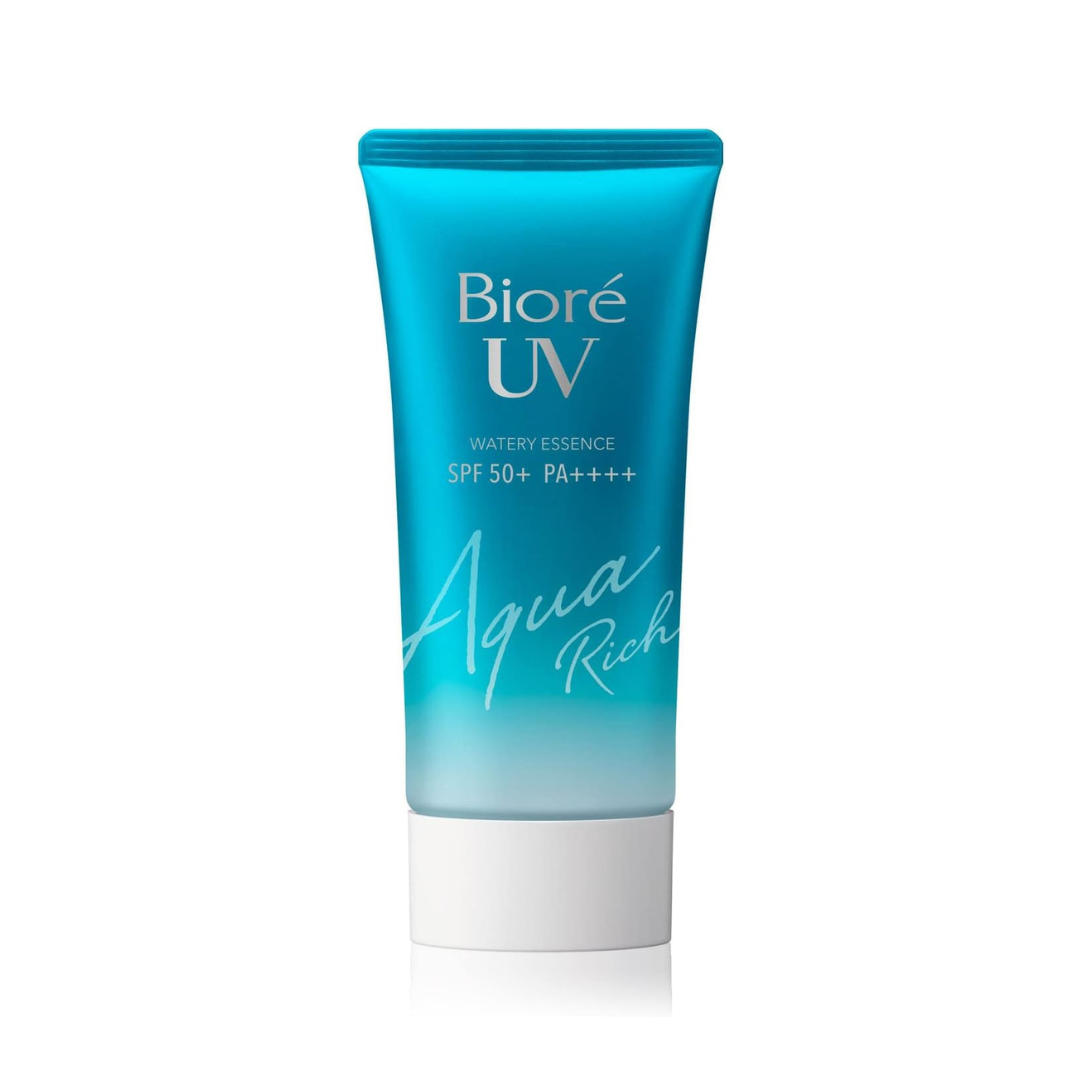
RRP: £10.65 for 50ml
A high-protection moisturising lotion, this Bioré sunscreen is one of the most popular formulas in Japan – and with good reason. It has a lovely light texture that makes it one of the best sunscreens for oily skin and works brilliantly underneath makeup.
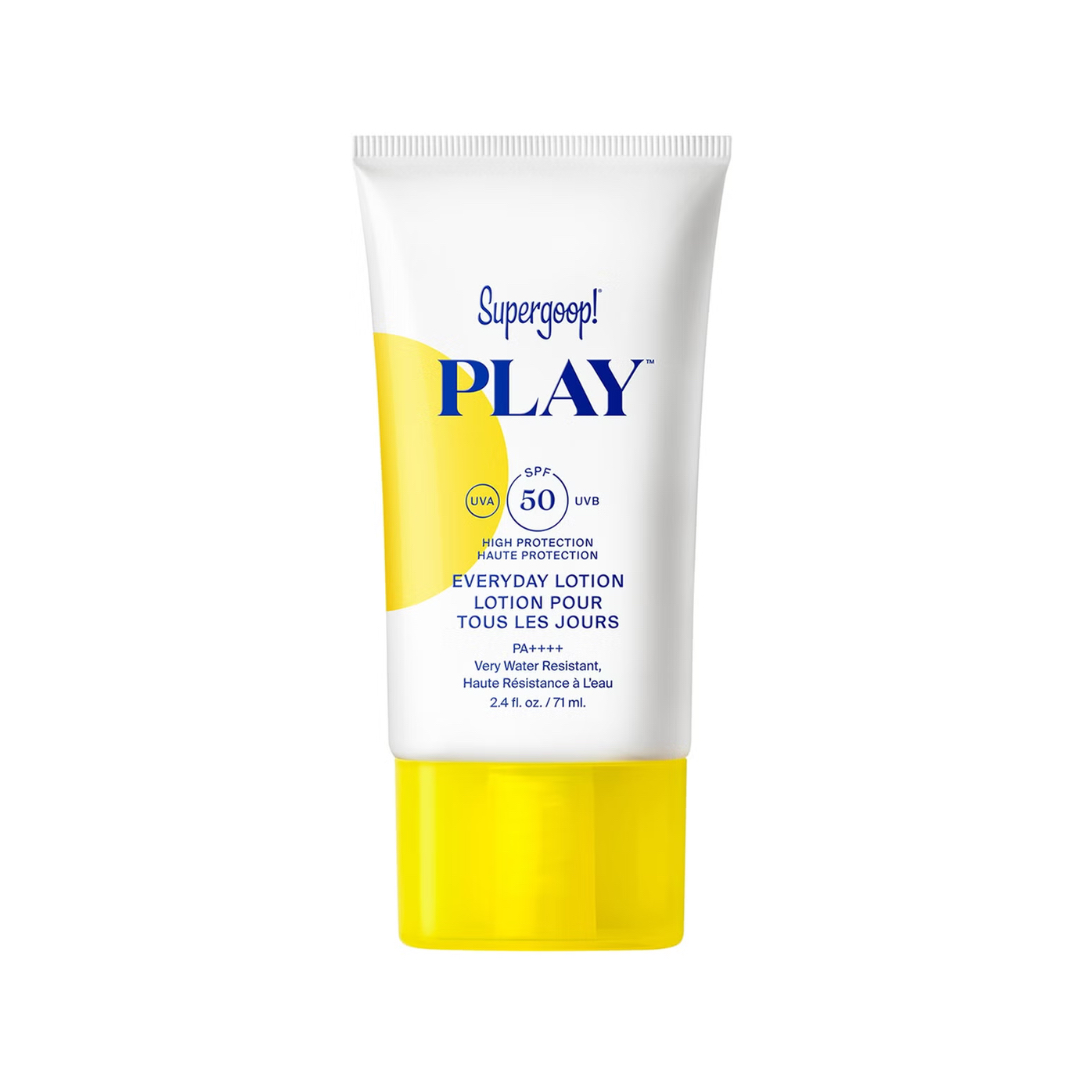
RRP: £22 for 71ml
Supergoop! is a brilliant brand that's loved by many a skin expert and beauty editor. This particular sunscreen is so good that Maria Sharapova invested in the brand because it didn't sting her eyes while playing tennis. It's a great all-rounder.
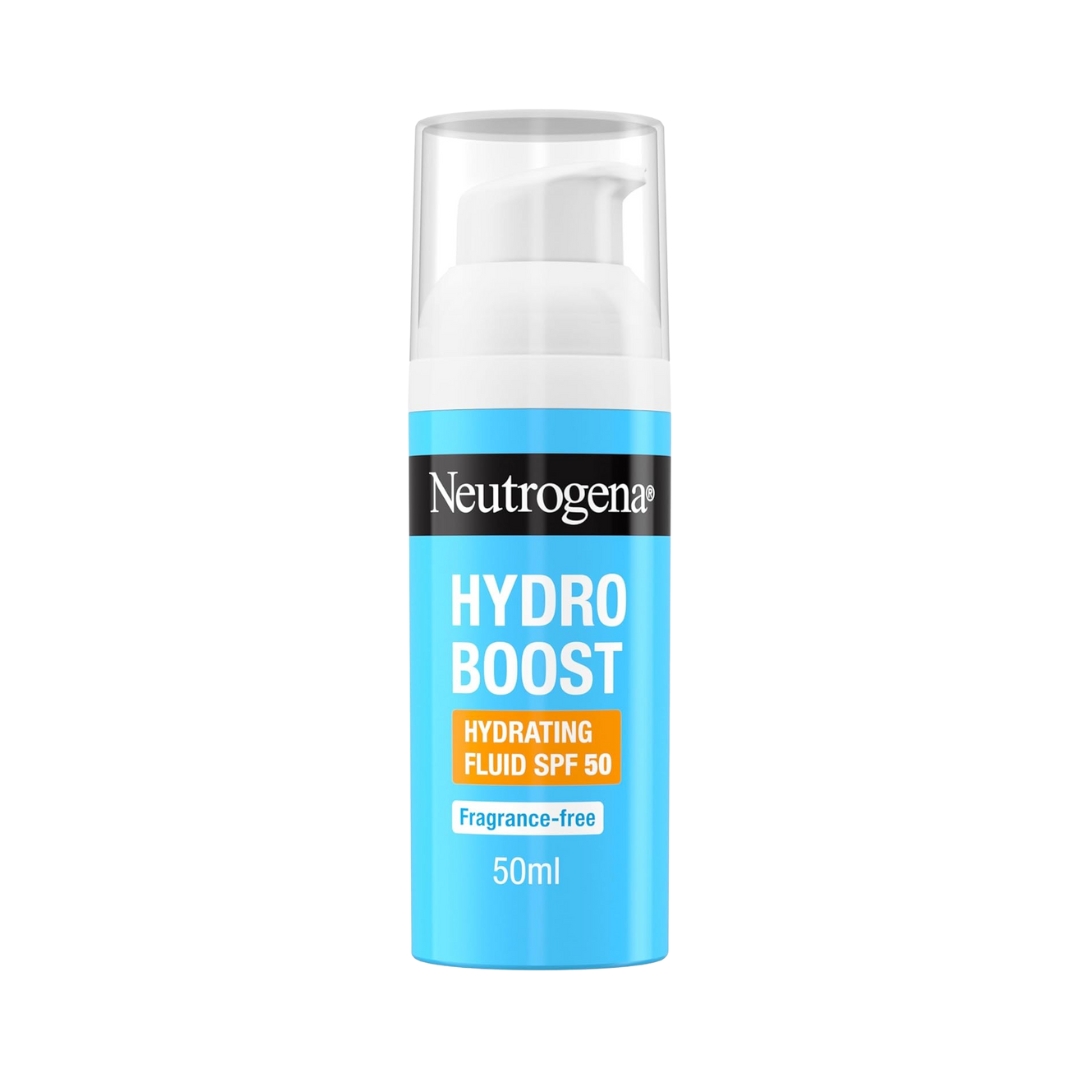
RRP: £16.50 for 50ml
A nice lightweight and hydrating option, Neutrogena's new Hydro Boost sunscreen features broad-spectrum protection, is non-comedogenic and formulated with hyaluronic acid, vitamin C and niacinamide.
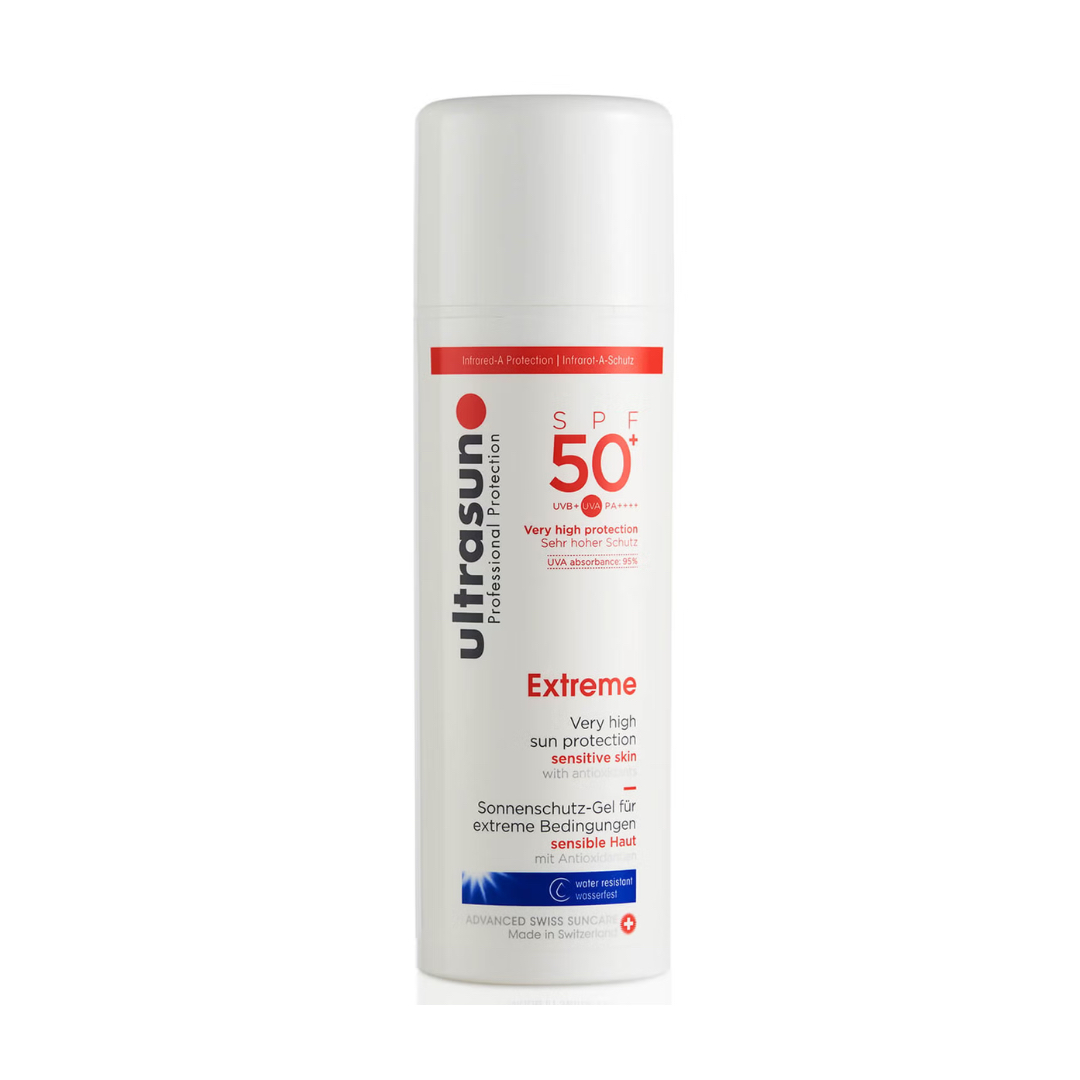
RRP: £32 for 150ml
Designed with the most sensitive skin types in mind and to help prevent prickly heat, Ultrasun's high protection lotion is a trusted formula that is both hypo-allergenic and water-resistant. Definitely the best sunscreen for sensitive skin in this list.
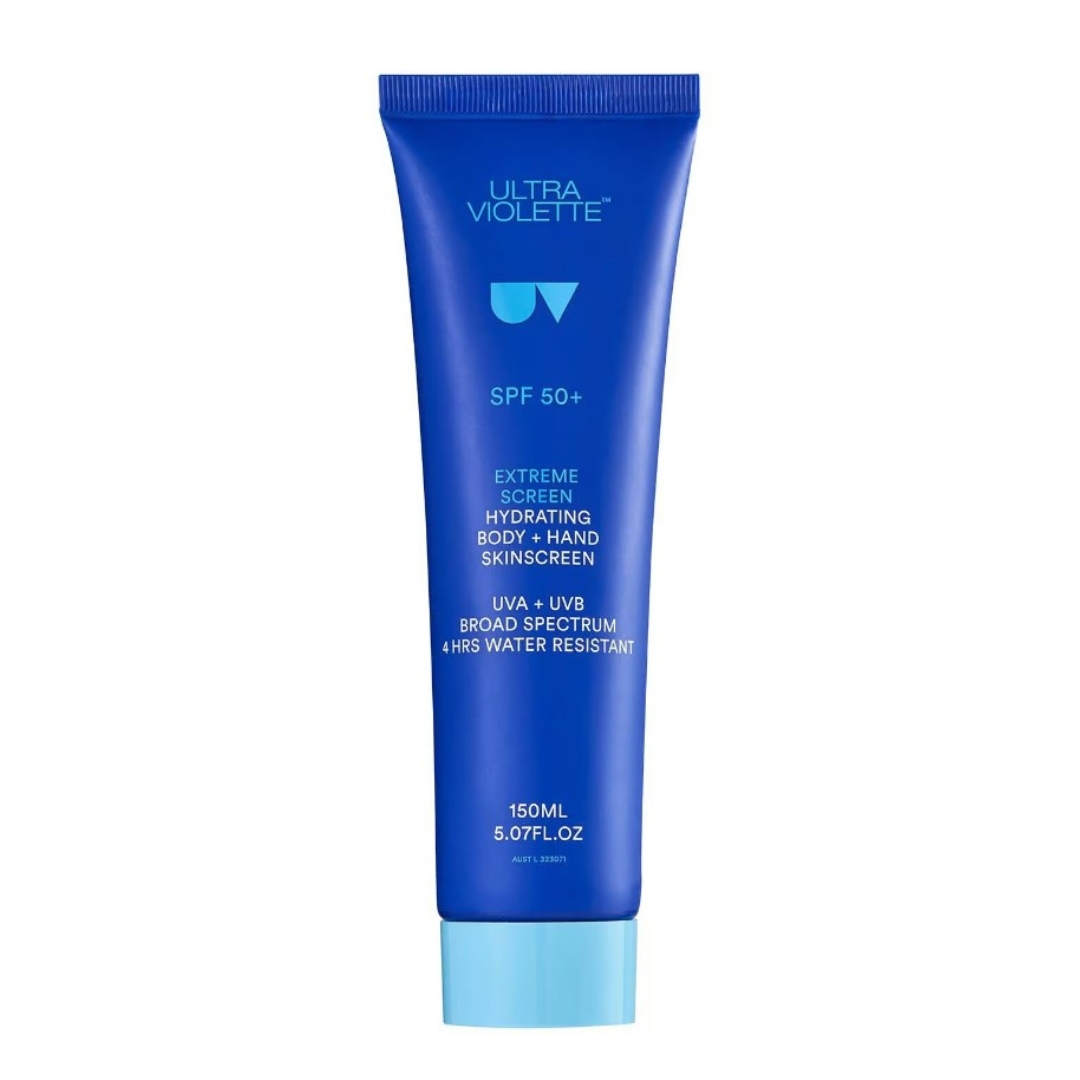
RRP: £27 for 150ml
With a delightfully summery scent, Ultra Violette's Hydrating Body + Hand Skinscreen is another broad-spectrum lotion that is water-resistant. It's nice and nourishing without feeling too heavy on the skin.
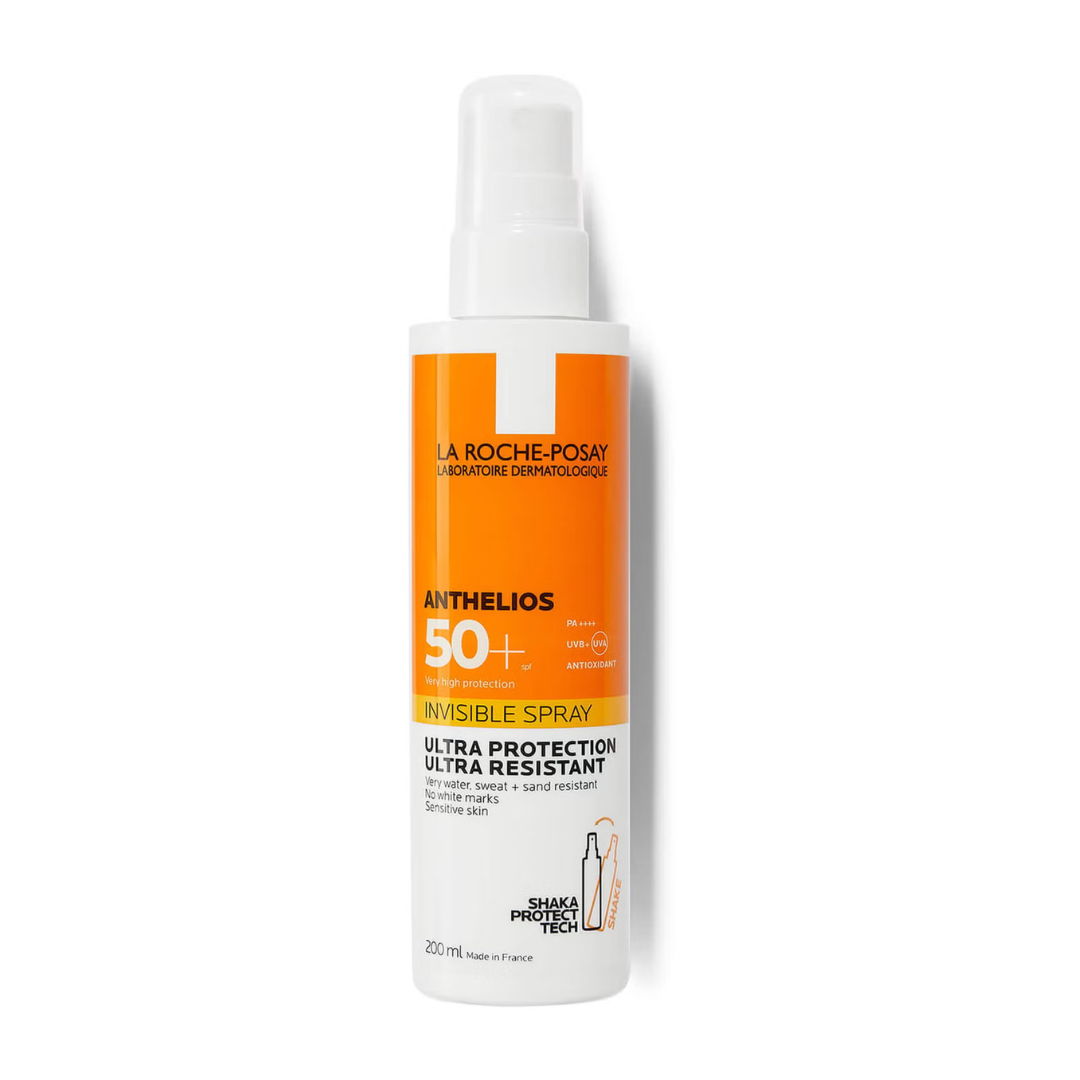
RRP: £23.90 for 200ml
One of the most trusted names in skincare (dermatologists love it), La Roche-Posay's Anthelios range arguably has a stellar reputation that precedes it. This is another hypo-allergenic formula that's designed to suit sensitive skin, too – housed in a handy spray bottle.
Lucy is a UK-based beauty journalist who has written for titles including Marie Claire, Glamour and OK!, as well as contributing to woman&home. Her work covers everything from expert skin and haircare advice to beauty trends and reviews of the latest products. During her career she regularly speaks to the industry's leading hairdressers, dermatologists and make-up artists, has covered backstage at London Fashion Week and interviewed many a celeb about their beauty routine.
-
 Need spring style inspiration? Jennifer Aniston proves a shirt dress is the most versatile item you can invest in
Need spring style inspiration? Jennifer Aniston proves a shirt dress is the most versatile item you can invest inIf you only buy one piece this weekend, make it a shirt dress
By Matilda Stanley Published
-
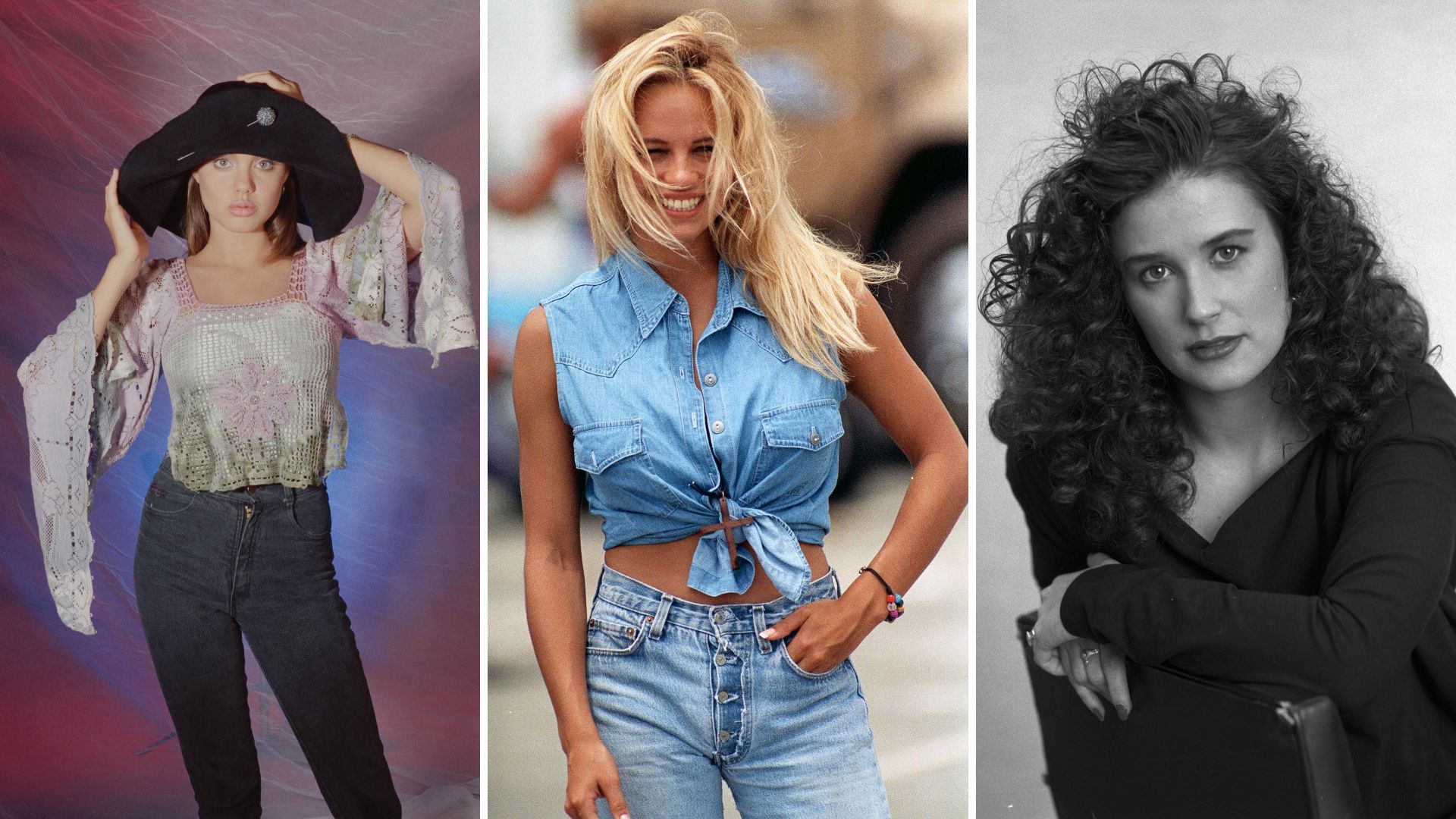 Celebrities you never knew got their start as models, from Angelina Jolie's 'terrible' experience to A-listers who started as pageant queens
Celebrities you never knew got their start as models, from Angelina Jolie's 'terrible' experience to A-listers who started as pageant queensWhether it was just for a short time or it's how they got discovered for something else, these stars owe it all to striking a pose
By Jack Slater Published